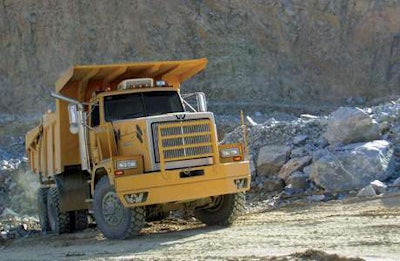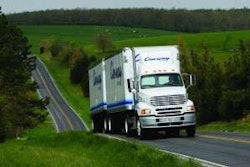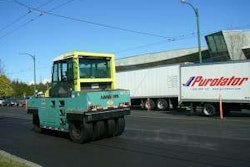
Representatives from the California Air Resources Board and the Associated General Contractors of America trade organization on Thursday, Oct. 7, agreed on proposed changes to the state’s offroad regulation that will offer affected businesses additional time and more flexible options for compliance.
“This marks a new chapter for California and its effort to clean up emissions from diesel engines,” says CARB Chairman Mary Nichols. “We applaud the AGC for showing leadership on this issue and recognizing that California needs to control all sources of diesel emissions.”
First adopted in July 2007, the rule affects the state’s estimated 150,000 offroad vehicles used in construction, mining, airport ground support and other industries. It calls for installation of diesel soot filters and the replacement of older, dirtier engines with newer emissions-controlled models to curb diesel exhaust. Improvements originally were scheduled to begin in March 2010 for larger fleets, with medium- and small-sized fleets having staggered implementation through 2015.
“We worked closely with the Associated General Contractors using a common set of data and assumptions about emissions to develop a set of proposals that will be cost-effective and improve air quality,” Nichols says. “Our efforts today recognize the severe financial hardships that many businesses are experiencing due to the recession, while also ensuring that we meet our clean air obligations under federal law.”
The newly proposed amendments, which will be presented for approval at CARB’s Dec. 16-17 hearing, would streamline the compliance process and offer businesses additional time and flexible options to meet requirements. They also would provide credits for efforts already made to reduce emissions, and incentivize continued early actions. If approved, the changes will:
• Delay start of requirements until Jan. 1, 2014;
• Increase the number of low-use equipment exempted;
• Provide simpler compliance options for the smallest fleets;
• Extend benefits for businesses that comply before their deadline; and
• Lower annual requirements to clean up engines.
Other portions of the regulation that went into effect this year – including reporting, idling and equipment labeling requirements for all fleets – remain intact and are being enforced.










